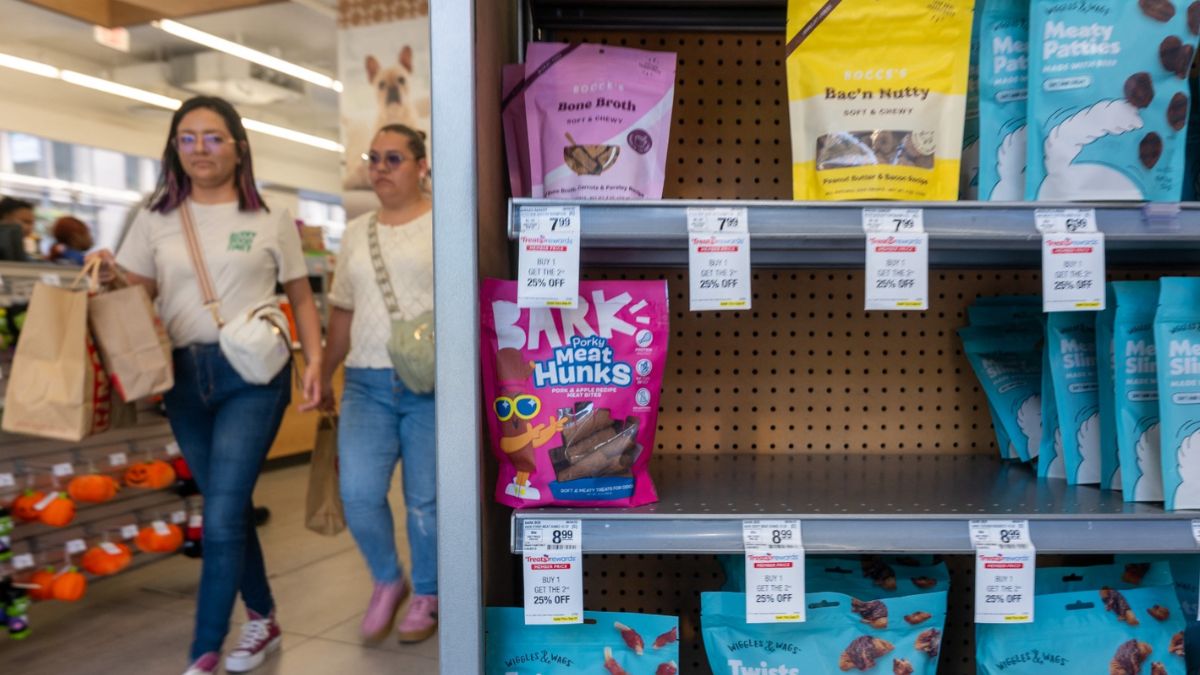US consumer confidence fell sharply in September to its lowest level since April, as inflation worries and a weakening job market weighed on public sentiment.
US consumer confidence declined in September, with growing concerns over inflation and a weakening job market driving the slump. The Conference Board reported Tuesday that its consumer confidence index fell by 3.6 points to 94.2, down from 97.8 in August. This was a larger drop than analysts had anticipated and marked the lowest reading since April, when President Donald Trump introduced his sweeping tariff policy.
A measure of Americans’ short-term expectations for income, business conditions, and the job market dropped to 73.4, well below the 80 mark that can signal a potential recession. Assessments of the current economic situation also weakened, falling by seven points to 125.4.
Responses to the survey revealed that inflation and prices had returned to being the top economic concern for consumers, with references to tariffs declining slightly but remaining significant.
Rising inflation and labour market slowdown
Government data released earlier this month showed inflation increased in August, with prices for gas, groceries, and airfares climbing. Consumer prices rose 2.9 percent from a year earlier, up from 2.7 percent in July — the largest increase since January. Core prices, excluding food and energy, rose 3.1 percent, unchanged from July.
Despite historically low unemployment and layoffs, the labour market has weakened this year. Nonfarm payrolls rose by only 22,000 jobs in August, following July’s modest increase of 79,000. Revisions to May and June figures removed 258,000 jobs from earlier estimates. The unemployment rate stood at 4.3 percent, its highest since October 2021.
The Labour Department also reported that job openings in August remained unchanged at 7.2 million. Economists note that, alongside the effects of eleven Federal Reserve interest rate hikes in 2022 and 2023, President Trump’s tariff policies, immigration measures, and workforce purges may have contributed to the slowdown in hiring. Many firms are reluctant to expand payrolls amid uncertainty over tariffs.
More jobs data is expected Friday when the government releases September figures, though a potential government shutdown could delay the report. Analysts forecast gains of around 50,000 jobs.
The share of consumers anticipating a recession over the next year rose slightly in September to its highest level since May. Plans to buy a new or used car fell, while intentions to purchase a home rose to a four-month high. Interest in big-ticket items such as appliances remained largely unchanged from August, though there were notable variations across categories.
(With agency inputs)
End of Article

)

)